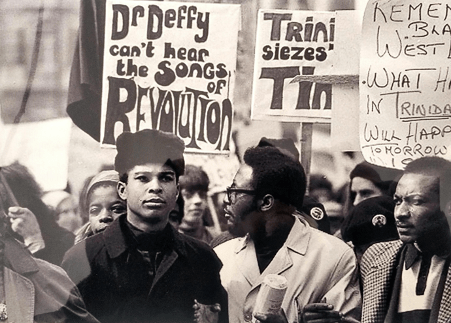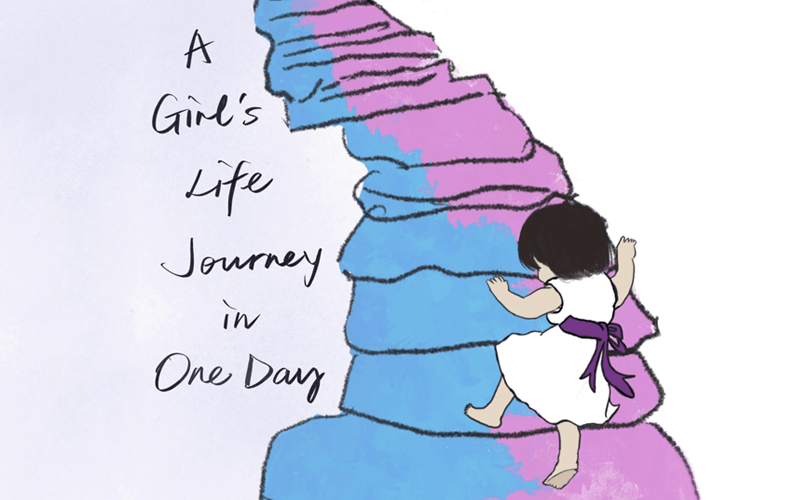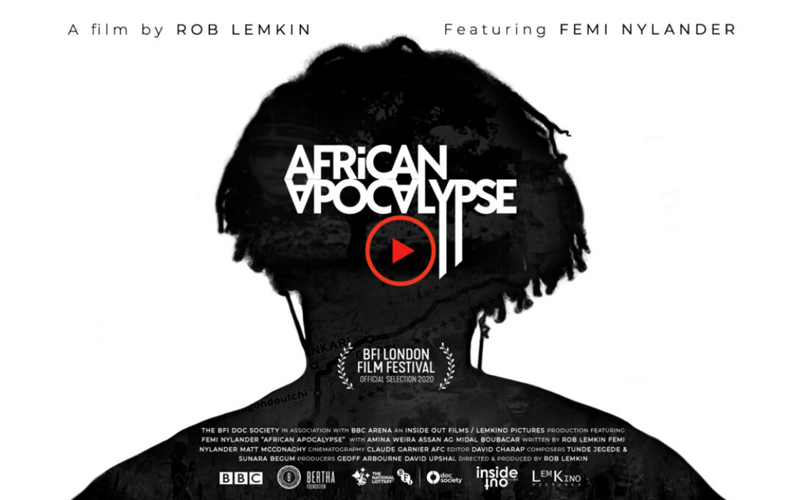Black student experiences in London, 1950s to 1970s – would you like to be interviewed?
By IOE Blog Editor, on 11 October 2023

A group protesting in a rally organised by the West Indian Student Centre, May 1970. Courtesy of Black Cultural Archives, ref no: PHOTOS/173, photographer unknown.
11 October 2023
By Uduma Ogenyi, PhD student at SOAS/IOE.
When considering what it means to build solidarities, particularly in the context of discussions around ‘decolonising’ universities today, there is much to learn from lessons of the past. My research is funded by a Bloomsbury Studentship and explores the day-to-day experiences of Black students on university campuses from 1956-1981, with a focus on SOAS, UCL and IOE (then a separate college of the University of London). In this period students in London were active in a range of anti-imperialist and anti-racist struggles, including the Anti-Apartheid Movement and the fight against the National Front. At the same time, however, Black students faced isolation, loneliness, racism, and discrimination on campus.
Why do Black students’ day-to-day experiences of discrimination so rarely inform our writing of student histories? And what can these experiences tell us about the struggles students face today, especially in the context of institutional co-option of radical demands? (more…)
 Close
Close




